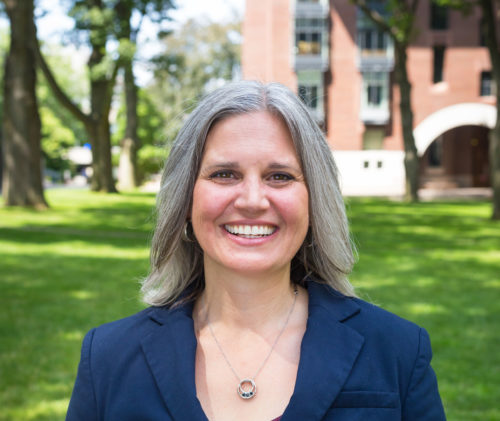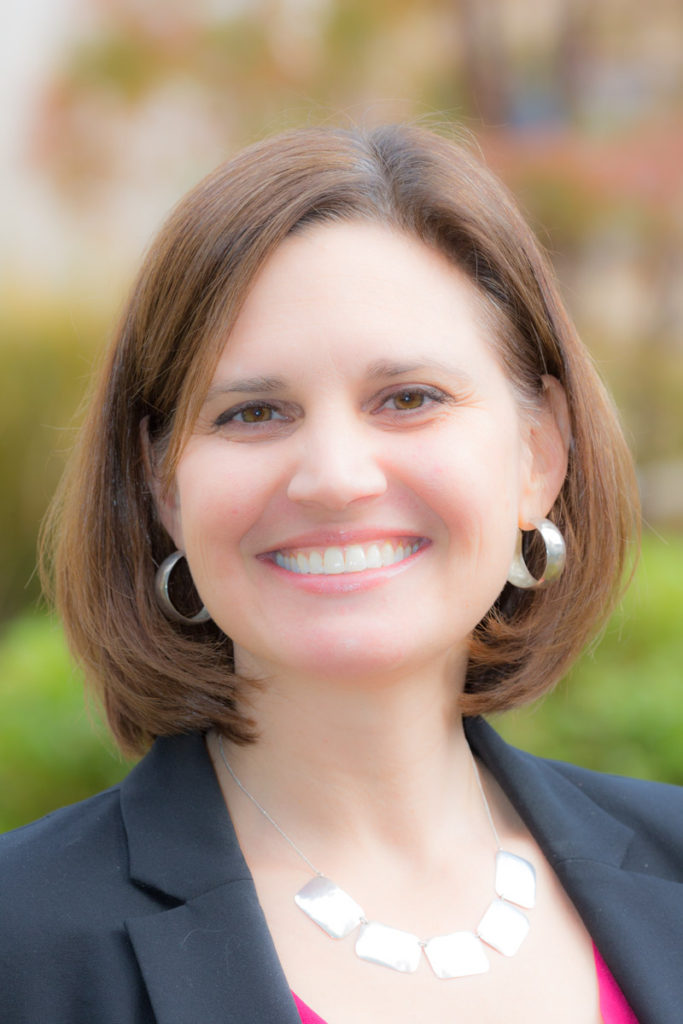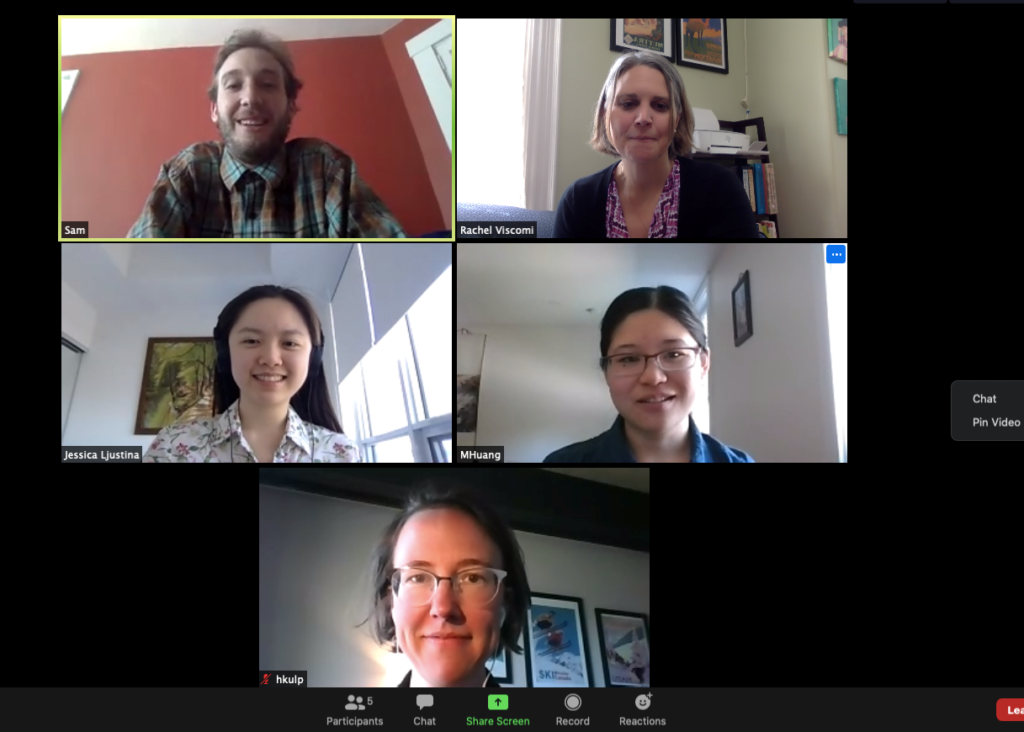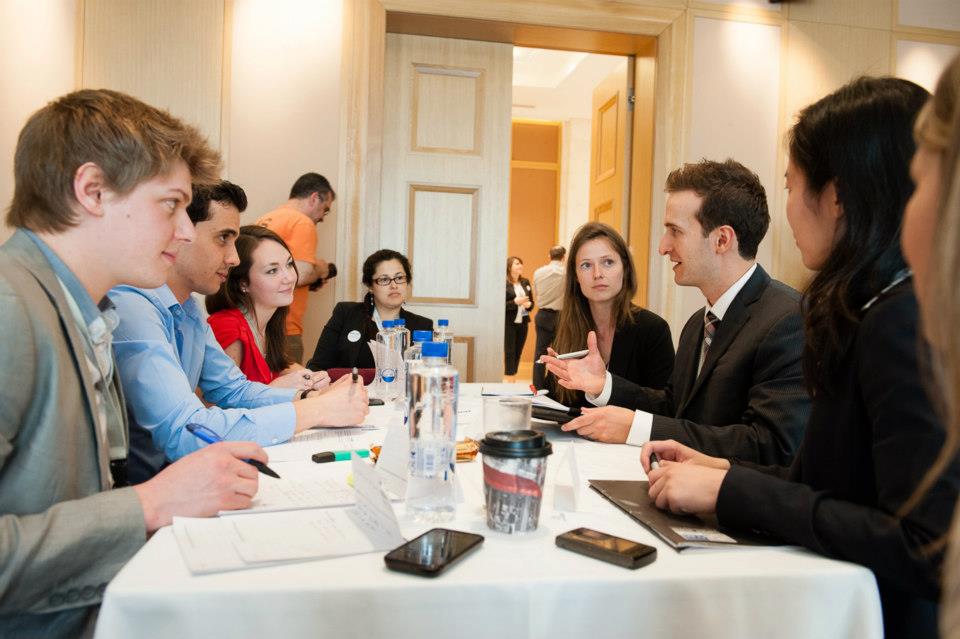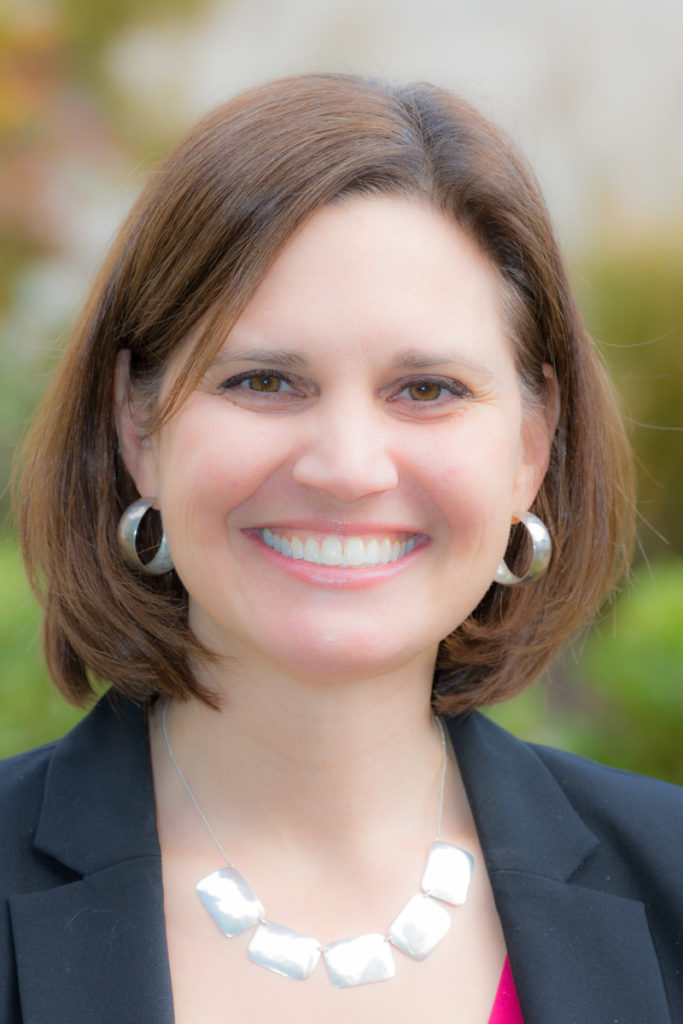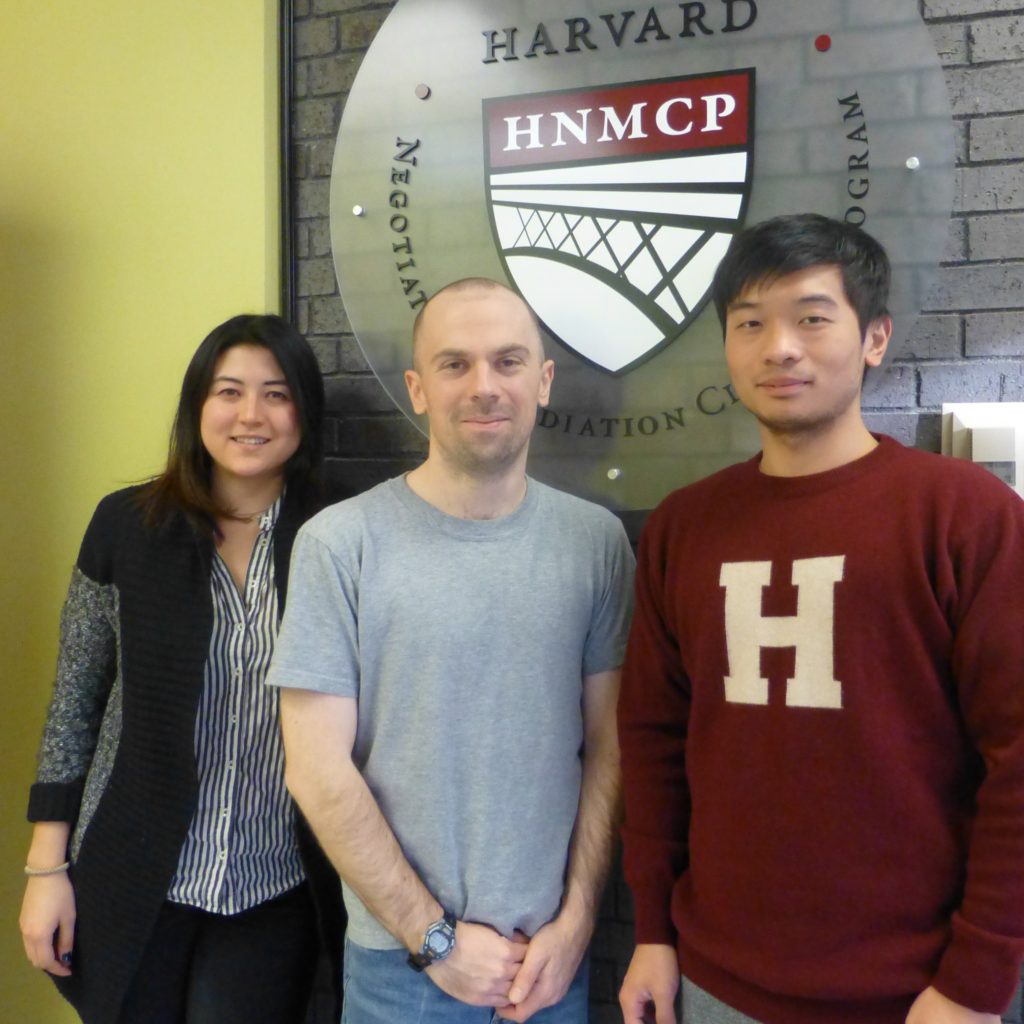Erin Ryan ’01
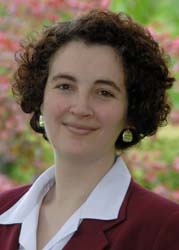
When I came to Harvard Law School, I felt pretty clearly that I was not aiming for a career as a litigator, but rather as a problem-solver. But it wasn’t until I took the “Negotiation Workshop” that it suddenly all came together. This was why I had come to Harvard! More than any other law school course, the Workshop empowered me to build bridges where bridges were needed, craft solutions that maximized potential, and repair relationships to maximize future benefit.
Before law school, I was a U.S. Forest Service ranger on the Mono Lake district of the Inyo National Forest. Fans of environmental law will recognize Mono Lake as the home of one of the most important public trust doctrine cases of recent decades, National Audubon Society v. Superior Court, decided by the California Supreme Court in 1983 (invalidating long-standing licenses for Los Angeles to export Mono Basin water). After the court’s decision, the State Water Resources Control Board spent a decade working with all stakeholders to figure out how to allocate scarce water resources equitably and sustainably. I was at Mono Lake in the immediate aftermath of this period, when the original litigants had moved on from battle and were now joining forces to implement these legal decisions as cooperatively as possible. After years of arguing in court, now the same lawyers, scientists, policymakers, and engineers were working together. It was an inspiring experience, and it taught me a lot about the possibilities for collaborative solutions, even in the face of staunch differences and raw emotions.
Maybe this is why the “Negotiation Workshop” felt so essential to me. Negotiation training helped me understand that beyond the openly conflicting interests of the parties, there are subterranean currents of power dynamics, ethical challenges, emotional influences, communication problems, identity conflicts, and relationship issues. Difficult negotiations require the management of all these aspects simultaneously, and that’s hard to do. Internalizing the “Negotiation Workshop”’s framework—to the point that I now see it superimposed on nearly all human interaction when I look carefully—was a critical component of my training.
The “Negotiation Workshop” was a great foundation for me; from there I was able to take a multiparty negotiation course and, in my third year of law school, become a JD-level Hewlett Fellow with the Program on Negotiation. I wrote my Harvard Law Review note, “ADR, The Judiciary, and Justice: Coming to Terms with the Alternatives,” on developments in alternative dispute resolution at a time when court-connected ADR was still relatively novel.
Several key lessons from the “Negotiation Workshop” especially stood out for me. Learning about the Pareto frontier gave me a powerful model for crafting potential outcomes. The skilled use of norms and objective criteria to justify and critique proposals was also an important development for me. So was the use of patient, generous listening, acknowledgment without agreement, and the empathy loop in facilitating clear communication. Learning how to manage emotion during a negotiation—my own as well as others’— remains an important (and ongoing) process.
I find expression for these skills in almost all professional and personal contexts. I use negotiation skills with superiors in the school administration, students in the classroom, colleagues, friends, family members, doctors taking care of me as a patient, and strangers on the street. In addition, I have now been teaching this material for many years as a law professor.
As a negotiation teacher, I use the skills I teach to help students develop professionally. Even when I teach non-negotiation subjects, like Property or Natural Resources Law, my teaching is suffused with perspective on how cases might have been better managed through more proactive, problem-solving intervention. As a legal scholar, my research agenda focuses on intergovernmental bargaining within systems of constitutional federalism, and other forms of negotiated multijurisdictional governance. In “Negotiating Federalism” (52 B.C. L. Rev. 1, 2011), and my subsequent book, Federalism and the Tug of War Within (Oxford, 2012), my scholarship provides a thickly descriptive account of purposeful and inadvertent negotiation among institutional actors, constituting “an essential political sociology of institutional behavior” that contextualizes my normative proposals for multilevel governance theory more generally.
Sharing ideas about negotiation with new generations of students is one of the great pleasures of my career, and often feels like my most valuable professional contribution to the world. It is both humbling and inspiring to lead students along the same journey that Bob Mnookin, my first negotiation professor, and Bob Bordone, my working group leader, first led me through so many years ago. And based on what I hear from students, many have experiences of catharsis and continued growth similar to my own.
Erin Ryan, Professor of Law at Florida State University and Lewis & Clark Law School, teaches environmental and natural resources law, property and land use, water law, negotiation, and federalism. While at Harvard Law School, she was an editor of the Harvard Law Review and a Hewlett Fellow at the Harvard Negotiation Research Project. She clerked for Judge James R. Browning of the U.S. Court of Appeals for the Ninth Circuit before practicing environmental, land use, and local government law in San Francisco. She began her academic career at the College of William & Mary in 2004 before joining the faculty at the Northwestern School of Law at Lewis & Clark College in 2011. She moved to the Florida State University College of Law in 2015. She spent a year as a Fulbright Scholar in China, where she taught law, studied Chinese governance, and lectured throughout Asia. She has advised National Sea Grant multilevel governance studies involving Chesapeake Bay and consulted with multiple institutions on developing sustainability programs. She has appeared in the Chicago Tribune, the London Financial Times, the PBS Newshour, and NPR. She is the author of many scholarly works, including Federalism and the Tug of War Within.

